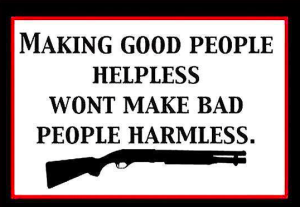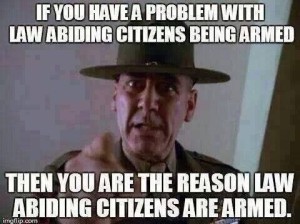By: Chris Warren.
If failure builds skill, then I should be an expert at a ton of stuff. The problem with this theory is that failure doesn’t by default make someone better. You have to want to be better, evaluate your shortcomings, and find a way to do it differently next time. Then go and actually do it. Failure is an effective teacher only when the student doesn’t stop trying.
Regular readers of my blog know that I am an very devoted amateur radio hobbyist and work professionally in the communications electronics field. I’ve spent this summer doing a lot of upgrades to my equipment and more than once I’ve been made painfully aware that for all the skill and expertise I’ve collected over many years of working on electronics as both a hobbyist and a professional, there is always something new tripping me up. Even more humbling is when I make mistakes performing easy tasks that I’ve successfully done before with barely a thought but at the moment cannot seem to grasp.
Someone who is admired and respected for their skill in a particular area make it look so easy, yet behind every flawless performance lies thousands of mistakes no one ever sees. Olympic athletes spend years falling down, missing the shot, not making their time, pushing through injury and illness. They take it all in and do better next time, until “next time” is the one single now-or-never Olympic event that is the denouement of their life’s effort.
On a far less Olympian but equally meaningful plane, there are everyday folks working as carpenters, auto mechanics, electricians, musicians, and teachers who are experts in their field and work largely unnoticed. After all, they don’t give gold medals for being the best accountant. The work may not be glamorous but it is important; the world runs better because these people did not quit the first time they failed at what they are now masters of.
Every now and then I am invited to give a public talk about the technical aspects of solar energy and how it can be applied to everyday life. I always bring along some of my equipment for a live demonstration of how it all works. My solar power station attracts a lot of interest and many flattering compliments. The system is a point of pride for me because I designed and built everything myself from the ground up. I want all my electronic projects to say, “the person who made this is a highly skilled craftsman who cares about his work”. A master does not brag about how good he is. He lets his results speak for him.
What the audience does not see behind me is is the decades-long trail of failure littered with burned out components, incorrectly wired circuits, blown fuses, ruined electrical connectors, a discharged fire extinguisher used on one of my alleged brilliant ideas, and spending hundreds of evenings and weekends in a college engineering lab doing it over and over and over until I had it right. I’m no genius. Usually I was the last to leave the lab because I was the slowest to figure it out. But I did figure it out.
For those who are driven to be accomplished at something, failure to keep trying is worse than failure at the task itself. Nobody wins all of the time. Show me someone who claims to have never been a failure and I’ll show you someone who has also never succeeded, or is a liar. The world rightly places a high value on success and winning, yet there is little talk of all the failure and pain and sacrifice that is the unavoidable price of being a master.
We live in a society that wants reward without risk, recognition without sacrifice, and no hurt feelings. The reality of life is indifferent to what society wants, or perceives as success, or how artificially low the bar is set to create as many winners as possible: Everyone knows which kids showed up early for practice every time, gave it all they had, and really earned the trophy, and which kids just can’t cut it and are being pandered to for the sake of appearances. Whether it’s winning an Olympic gold medal, beautifully playing a musical instrument, or expertly troubleshooting a complex electronic circuit, the hand of the master is guided by wisdom gained from the humiliation of uncountable failure.











